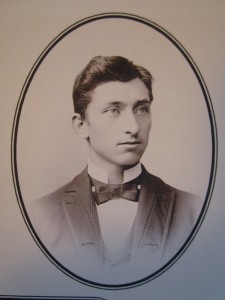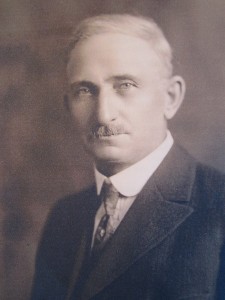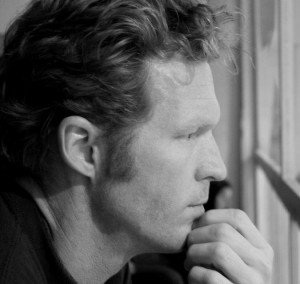All of us have heard testimonies of people with difficult pasts who’ve somehow, against all odds, turned their lives around. They might have had a history of dreadful choices or even a rap sheet a mile long, but for many of them the turnaround came after connecting with Christ.
As often as not, their testimonies include a statement like this: “My grandmother prayed for me for decades, and God finally answered.”
If we could piece together our family trees for many generations back, all of us would probably find that God’s representatives had been placed in strategic places all along, to pray for their families. Some even prayed for “those yet unborn,” which would include us.
My sister has done an excellent job as our “Family Historian,” keeping memorabilia safe and well categorized in labeled storage bins. She’s amassed everything from diplomas and photographs to wedding gowns, jewelry, infant-wear, and letters.
Several years ago a family friend, Sally, offered to go through Mary’s bins and condense everything into two 9” x 12” albums, one for Dad’s side of the family and one for Mom’s. She scanned or photographed everything so that even bulky items morphed into crisp, flat notebook pages. She also typed up old hand-written letters, some over 100 years old, to place alongside originals, which in some cases included translations from other languages.
Sally also added official census records rewritten from hard-to-read official documents to legible charts. These pages take account of birth dates and all known addresses, emigration and immigration dates, occupations, marriages, children’s birth and death dates, causes of death where known, burial locations, and an all-inclusive family tree.
Recently I’ve spent time with my distant relatives via these two family albums, going on a hunt for God-sightings through the 5 generations represented. And what I learned is God establishes his Spirit somewhere in every family tree.
For example, my paternal grandfather (Carl Johan Johansson) came to America in 1886 as a 19 year old laborer with a homemade wooden box of tools, and he brought Jesus Christ with him. By the end of his 68 years, he’d married, fathered four children, had become a building contractor and finally the vice president of a Chicago bank. He died 10 years before I was born, so we never met, except through these albums.
Taking in the details of his life, which of course include my own father’s 1899 birth, has been a satisfying exercise that’s made me grateful for God’s involvement in this “old world” family, my family. Sally’s charted numbers have told a non-numerical story of personal lows and highs similar to the lives of today’s families. And God is in the details.
But most importantly, when Carl Johannson’s death date had been written into the record books, God’s Spirit lived on within him.
(Tomorrow: the life he lived)
“Remember your Creator… before the dust returns to the ground it came from, and the spirit returns to God who gave it.” (Ecclesiastes 12:7)





